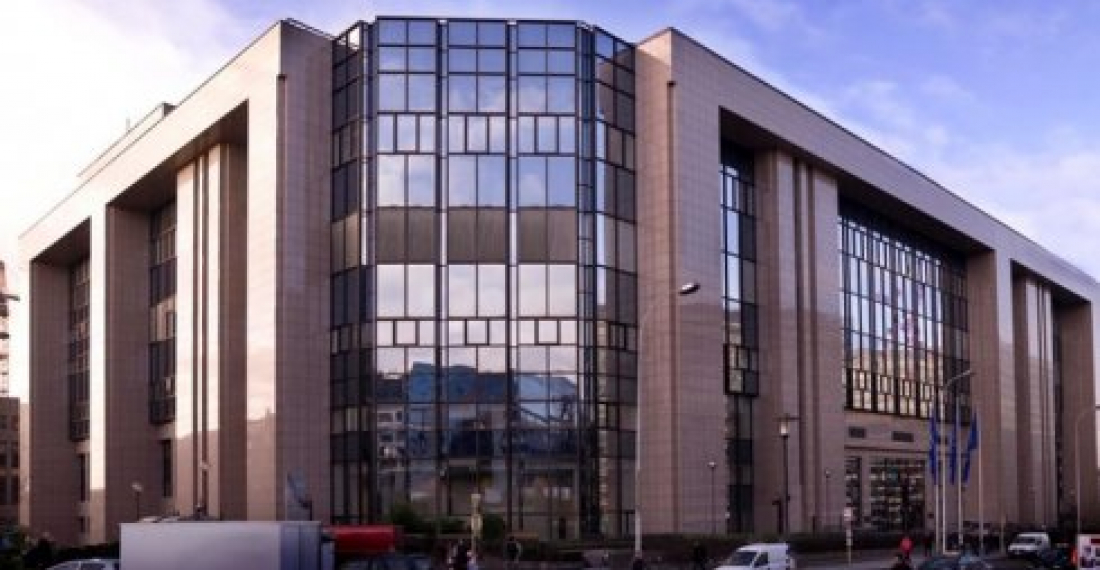Georgia is one step closer to visa free travel to European Union countries following a decision by the European Council to take the process to the next stage and open negotiations with the European Parliament for the implementation of the measure.
A statement from the Council of the European Union - the body representing the 28 member states said:
On 5 October 2016, the Permanent Representatives Committee (Coreper) agreed, on behalf of the Council, a negotiating position on visa liberalisation for Georgia. It confirmed the Commission proposal to provide for visa-free travel for EU citizens when travelling to the territory of Georgia and for citizens of this country when travelling to the EU, for a period of stay of 90 days in any 180-day period.
The Council takes the view that the entry into force of visa liberalisation for Georgia should be at the same time as the entry into force of the new "suspension mechanism".
On the basis of this mandate, the Slovak presidency will start negotiations with the European Parliament.
"The Council has today demonstrated its strong commitment to visa-free travel for Georgian citizens, taking into account Georgia's reforms. The Presidency believes that the path of credible reforms is the right one and should be encouraged. We count on the European Parliament's support in finalising the related process so that the citizens of Georgia can enjoy visa-free travel as soon as possible", said Peter Javorčík, Permanent Representative of Slovakia to the EU, and President of the Permanent Representatives Committee.
The website of the Council gave some explanations about what the process will entail. It said,
The proposal for visa liberalisation for Georgia was published by the Commission on 9 March 2016. The Commission concluded that the country had met all the benchmarks for the exemption of the visa requirement.
Once the new visa regime for Georgia is agreed with the Parliament and formally adopted, it will move the country from Annex I of Regulation 539/2001 (countries whose nationals need a visa to enter the Schengen area) to Annex II of the same regulation (visa free countries), thus providing for visa-free travel for EU citizens when travelling to the territory of Georgia and for citizens of this country when travelling to the EU, for a period of stay of 90 days in any 180-day period.
In the context of the current migratory situation in the European Union and taking into account the Commission's proposals for visa liberalisation of Georgia, Ukraine, Turkey and Kosovo and the discussions with member states, the Commission decided on 4 May 2016 to present a proposal to amend Regulation 539/2001 to revise the current suspension mechanism.
The main objective of the revised regulation is to strengthen the suspension mechanism. It does this by making it easier for member states to notify circumstances which might lead to a suspension, by enabling the Commission to trigger the mechanism on its own initiative, and by tasking the Commission to send an annual report to the European Parliament and Council on the extent to which visa-exempt third countries continue to meet the necessary criteria.
The possible grounds for suspension have been extended and the use of the mechanism will also be facilitated by shortening reference periods and deadlines in order to allow for a faster procedure.
The discussions between the Parliament and the Council on the visa suspension mechanism are still ongoing.
source: commonspace.eu with consilium.europa.eu
photo: The Justius Lipsius building in brussels where meetings of the European Council are held (archive picture).






